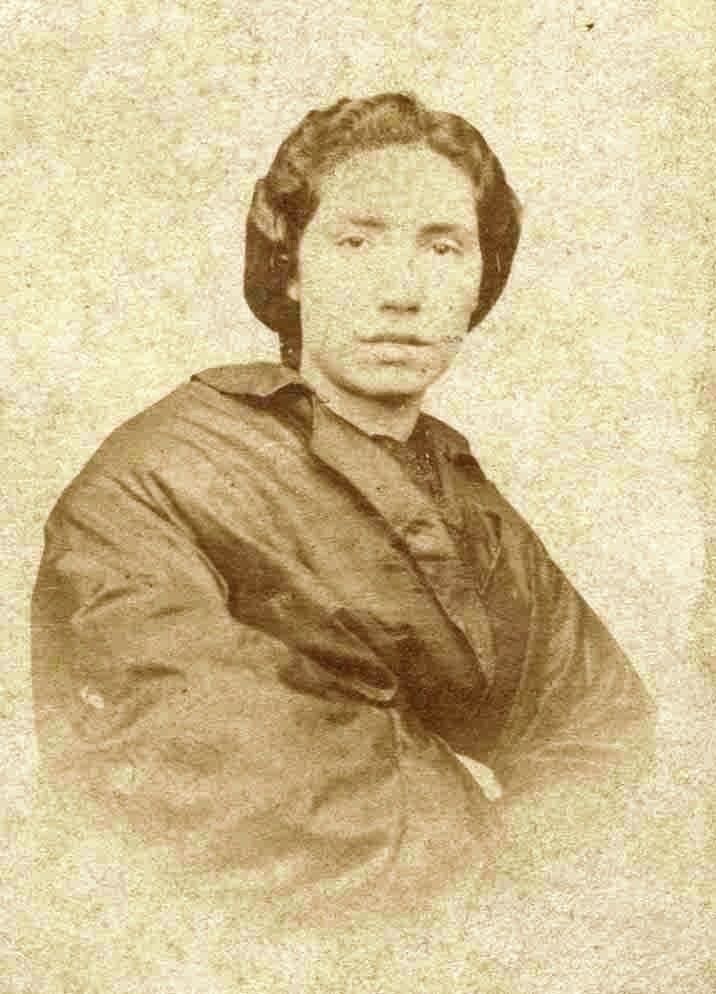 |
| Rosalia de Castro |
As with many poets, her life was marked with tragedy and heartbreak, including the death of her young son and the stillbirth of her daughter. And with poverty in her life, she remained committment to the poor and defenseless and a believer in women's rights. It was that belief and love that had her writing in Galician . A tongue considered a language of the poor, laborers, and illiterate. Not that it stopped her, she composing haunting poems in the dialect and became a revered Spanish poet. A poet still loved in Spain.
 |
| Rosalia de Castro on the 500 Pesetas |
Her poetry reflected her life with it's melancholy, longing tone. When I read her poems, each word skips over my skin and whips through me as the first fall winds come in. That sensation is accomplished even in English. One doesn't read the poems, you are engulfed, twisted and turn, forced to experience each emotion of the words then released into a boneless heap forever changed by the written word.
As with many poets, her life was marked with tragedy and heartbreak, including the death of her young son and the stillbirth of her daughter. And with poverty in her life, she remained committment to the poor and defenseless and a believer in women's rights.
And Spain remaines dedicated to her. May 17 1863 was the date of the first publication of her book Cantares Gallegos or Galician Songs and now that day is Dia das Letras Galegas or Galician Literature Day.
I can add more about her life but I'll include a poem and let you meet her.
Negra Sombra/ Black Shadow
| Cando penso que te fuches, negra sombra que me asombras, ó pé dos meus cabezales tornas facéndome mofa. Cando maxino que es ida, no mesmo sol te me amostras, i eres a estrela que brila, i eres o vento que zoa. Si cantan, es ti que cantas, si choran, es ti que choras, i es o marmurio do río i es a noite i es a aurora. En todo estás e ti es todo, pra min i en min mesma moras, nin me abandonarás nunca, sombra que sempre me asombras. | When I think that you have parted, Black shadow that overshades me, At the foot of my head pillows You return making fun of me. When I fancy that you've gone, From the very sun you taunt me And you are the star that shines And you are the wind that moans. If there's singing it's you who sings, If there's weeping it's you who weeps, And you are the river's rumour And the night—and the dawn. Everywhere you are in every thing, For and within me you live Nor will you ever leave me, Shadow that always shades me. |
No comments:
Post a Comment